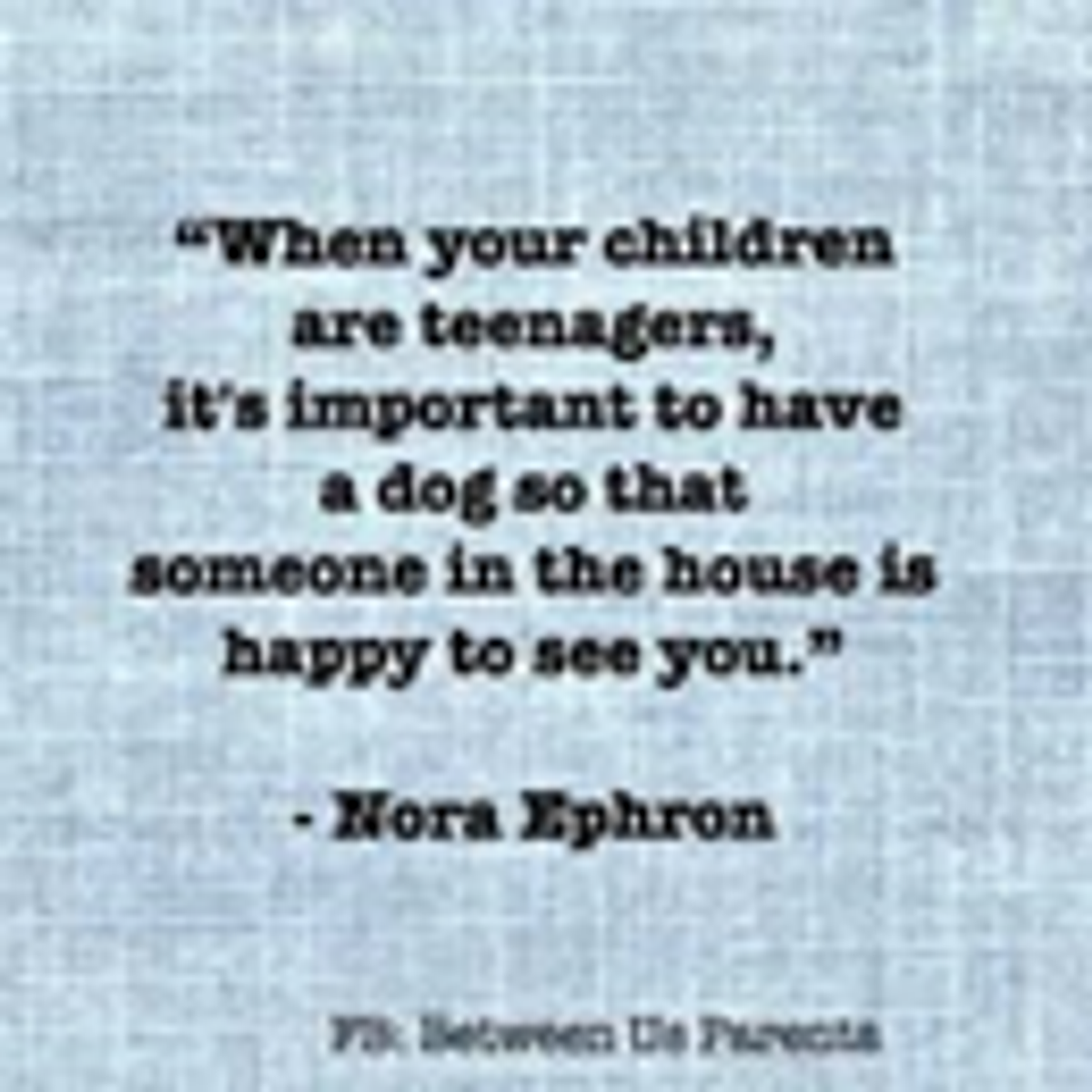Chaplain's Corner

Hi Everyone
Awkward Thirteen
As we approach the end of 2020 and prepare to say ‘good-bye’ to our special grade 6 students, it may be a good time to be thinking about how our young people will be developing and changing over the next 6 – 12 months and beyond.
Thirteen has been described as an age of rebirth where the teen takes over from the child. This age group often needs a lot of support and responds well to confident, firm parenting. Your 13-year-old needs a mix of understanding, guidance, boundaries and nurturing to help them navigate this potentially tricky time in their lives. They need to be able to depend on you to be there for them, just as when they were an infant.
Here are 10 things to help with parenting this turbulent age – thanks to Educational Psychologist, Michael Grose.
Watch for the swings
Your 13-year-old may swing between periods of great dependence on you and bouts of surprising competence and independence. These swings can be unpredictable and confusing for parents. One moment your young person is telling you that they don’t need to be reminded to, say, take their sports uniform to school. Then the next minute they’re giving you lip for not taking enough interest in what they do. As a parent, it helps if you can stay out of arguments and reinforce that you are always there to help and support them.
They wear two faces
Thirteen-year-olds may also waiver between being a child and a fully-fledged teenager. They may play with toys from childhood while at the same time experimenting with new challenges or spending time with older kids. This is a very topsy-turvy year. Allow your young person to be child-like at home, but also accept the fact that they want to act like a teenager when in public. Also be prepared to be firm about the appropriateness and safety of their behaviour when they are not with you. The use of behavioural consequences is an essential discipline and safety strategy to use right now. Continue to ingrain the idea that better and more responsible behaviour means they will be trusted with more freedom.
Many live in the now
Many at this age have a childlike tendency to live and think in the now. They often see short-term challenges and difficulties as overwhelmingly permanent. They tend to obsess over the worst possible consequences and overthink every little event that may happen to them. Rational parental reassurance can overcome or at least temper this tendency. It might help them handle any fears or apprehension, thus helping them feel more in control of the situation.
Girls can regress more than boys
We know that a 13-year-old’s brain is being completely rewired – it is literally rebuilding itself. This helps explain why many at this age become baby-like, disorganised and moody. it seems a little worse for girls than boys overall. You may discover that your daughter (but possibly also your son) is a little cuddlier and wants to stay closer to you than in previous years. At the same time they can be more argumentative and difficult than in the past. Enjoy the opportunity to be close as this may be the last year you both experience intimacy of this kind.
Boys can challenge their mothers
Some mothers may experience a challenge to their authority at this age, if it hasn’t happened before. It’s a time to stand firm, take no nonsense, while at the same time being kind to them and nurturing your young one.
Be prepared to be the bad guy
Thirteen can be an age of great risk, so they need parents who they can depend on to set firm boundaries and look out for their safety. They may even blame you for not being allowed to go out or do what they want, especially when they see some of their age-fellows being granted all kinds of liberties. But it’s okay to take the fall and be the villain sometimes to keep your young person safe.
They’re very sensitive to criticism
Your 13-year-old will probably be very sensitive to criticism, so be careful to frame your advice and feedback in a way they would be receptive to. Well-meant feedback can easily be misinterpreted as a personal attack. Your young adolescent may have difficulty working out whether criticism is real or perceived. It can help to remind them to think a little more objectively about how others act at times, and why they say what they say – what may seem like an insult from a peer could just be thoughtlessness.
Make sure you spend time together
Make sure you create opportunities for them to have one-on-one time with you, and also spend time together as a family. You’ll find your 13-year-old will be receptive to any fun that doesn’t put them on the spot or make them feel embarrassed. This is also an age where you may find yourself having tougher negotiations on which family traditions they can be excused from attending – developing choice is important. However, sharing family meals together should be non-negotiable. There is a high correlation between good teenage mental health and those who share at least six mealtimes with their family each week.
Encourage their maturity
Compliment them on their maturity and responsible behaviour when you see it, giving plenty of positive reinforcement and encouragement to guide their behaviour in the right direction. This age group can regress to act much younger than they are in an instant but keep your eye on the long game and look at ways to foster greater maturity.
Get the parenting mix right
You need to know when and where to be the good cop and the firm cop. You also need to be able to take some of the heat and endure the temper tantrums of early adolescence that may come your way. Share the good cop, bad cop role if you are in a couple relationship. If you are raising kids on your own cut yourself some slack as you can’t be all things to your child.
I think that I experienced all these things with my two!
Enjoy this fascinating, dramatic and important year. They’ll only turn thirteen once! PHEW!
JUST FOR LAUGHS -
Robyn Mulholland (School Chaplain)
robyn.mulholland@education.vic.gov.au




